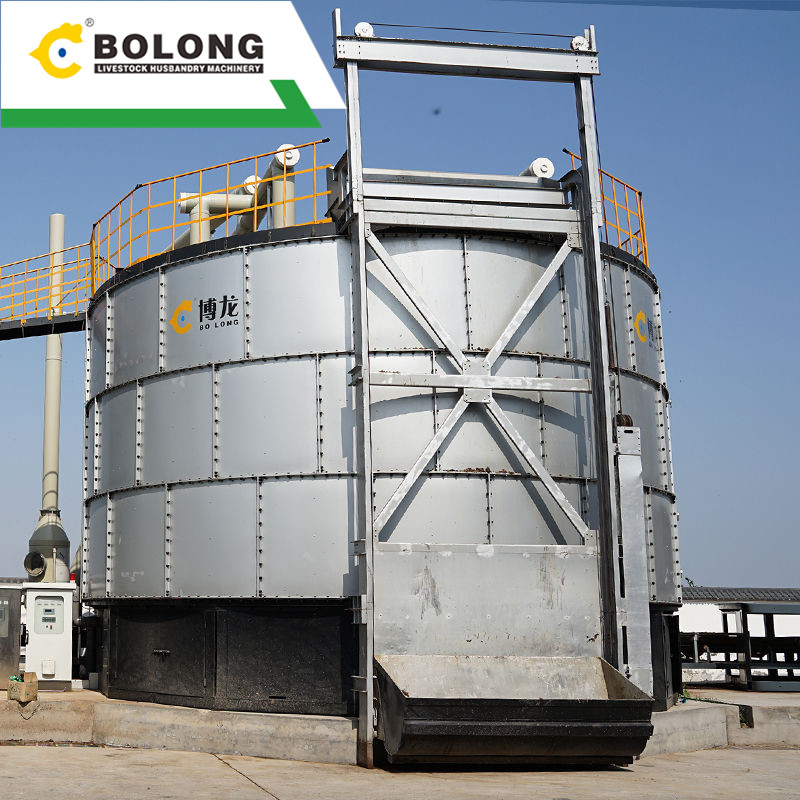
Cellulase production on easy-to-handle solid media containing
2022/11/10/ · 2.1 Cellulosic substrate materials for the production of cellulase. Cellulosic materials for the production of cellulase were WS and RS. The WS and RS were provided by a local farm in Tokushima City; they were cut to pieces measuring 20 mm × 10 mm × 1 mm and then ground using a model D3V-10 cutter mill (Osaka Chemical Co. Ltd., Osaka,
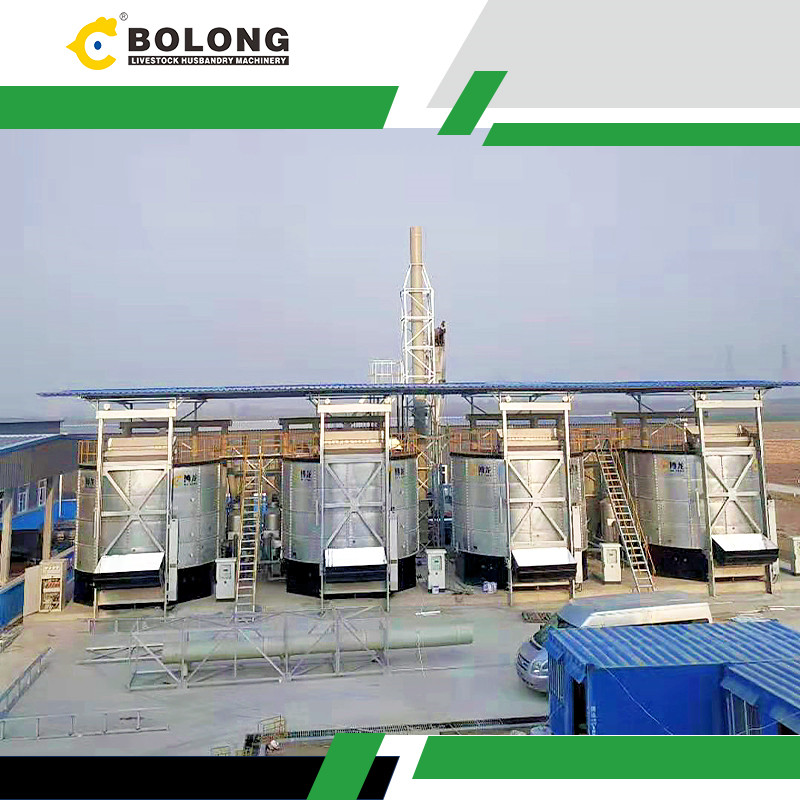
Valorization of Vegetable Food Waste and By-Products Through
2020/10/19/ · Finally, it is worth highlighting the use of Clostridium species in the fermentation of fruit waste. In this regard, a successful fermentation strategy using Clostridium cellulovorans and Clostridium beijerinckii strains was designed to ferment mandarin orange waste. Normally, D-limonene included in citrus fruits inhibits yeast

Enhanced thermophilic dark fermentation of hydrogen production
2024/3/1/ · The industrialization of hydrogen production through dark fermentation of food waste faces challenges, such as low yields and unpredictable fermentation processes. Biochar has emerged as a promising green additive to enhance hydrogen production in dark fermentation. Our study demonstrated that the introduction of Fe-modified biochar (Fe
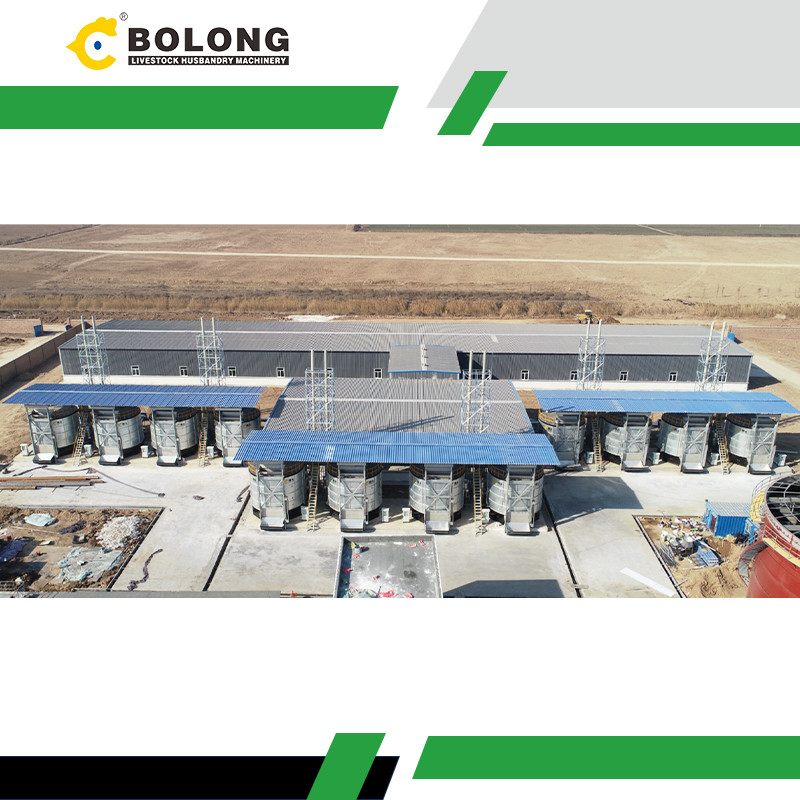
3. Solid-state fermentation - National Center for Biotechnology
2022/3/24/ · Solid-state fermentation has, over the decades, attained global recognition because of its potential to contribute significantly to solving some of the world's persistent problems, including malnutrition in humans and livestock, environmental pollution, climate change, hunger, and improving global food security (Ezekiel and Aworh, 2013;
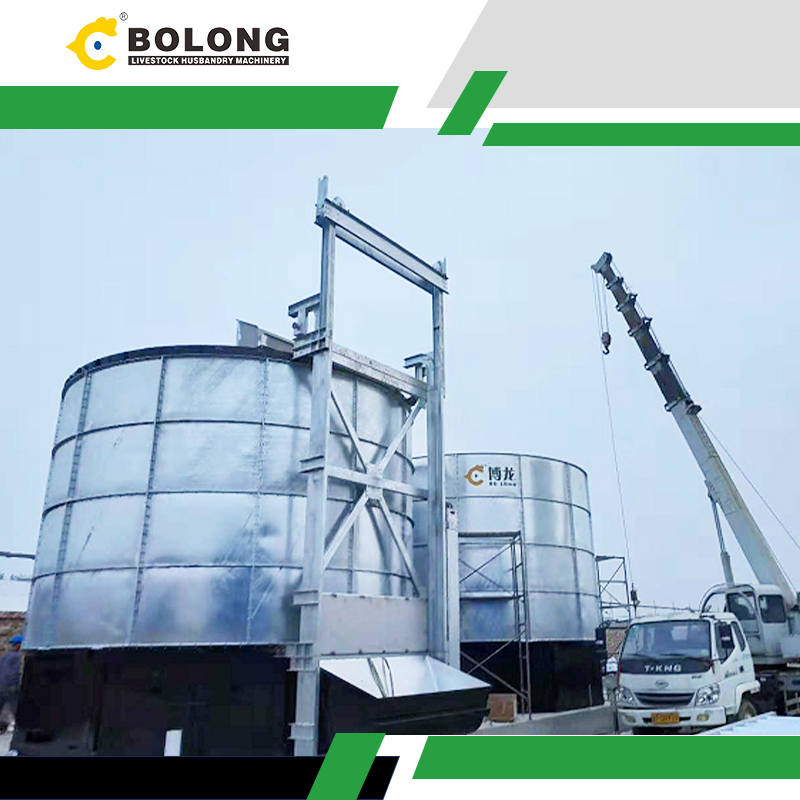
(PDF) Consecutive lactate formation and chain elongation
2019/10/23/ · This work shows the production of n-caproate from food waste with decreased use of hydroxide and no use of exogenous electron donors. Metabolites produced during food waste fermentation in (a) 0
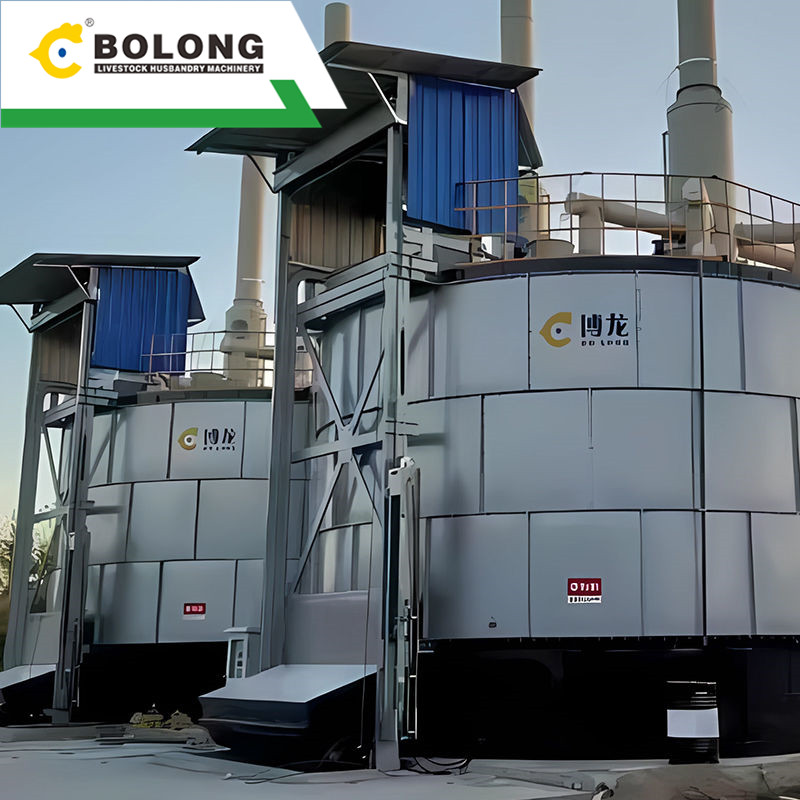
Characteristics and practical treatment technologies of winery
2023/9/15/ · Wine production involves harvesting grapes, de-stemming and crushing, pressing, fermentation, clarification, aging and storing, filtration, blending, and bottling (Fig. 1).Although harvesting and crushing fall in the vintage season that lasts 42–140 d (SWDE, 2017), winemaking activities may extend throughout the year.Winemaking generates

Bioreactor: Design, Principle, Parts, Types, Uses, Diagram
A bioreactor is a type of fermentation vessel that is used for the production of various chemicals and biological reactions. It is a closed container with adequate arrangement for aeration, 展开

Electrochemical promotion of organic waste fermentation:
2024/3/1/ · Organic waste contains a large amount of matter containing carbon, so it is feasible to use it as substrate or electron donor to produce medium chain fatty acids, such as in a fermentation broth of organic waste such as sludge, food waste, fruit and vegetable waste, etc (Reddy et al., 2020; Wang et al., 2020a, Wang et al., 2020b, Wang et al

Waste Fermentation for Energy Recovery | SpringerLink
2022/2/8/ · 7.2.1 Solid-State Fermentation. Solid-state fermentation is a microbial fermentation process in which the medium is in a solid state and the fermentation system is carried out in the absence of almost absence of free water present (Xu et al. 2002).Solid-state fermentation substrates are water-insoluble polymers, and the substrate is not only

Fermentation and anaerobic respiration - Khan Academy
Fermentation is another anaerobic (non-oxygen-requiring) pathway for breaking down glucose, one that's performed by many types of organisms and cells. In fermentation, the only energy extraction pathway is glycolysis, with one or two extra reactions tacked on at the end. Fermentation and cellular respiration begin the same way, with glycolysis.
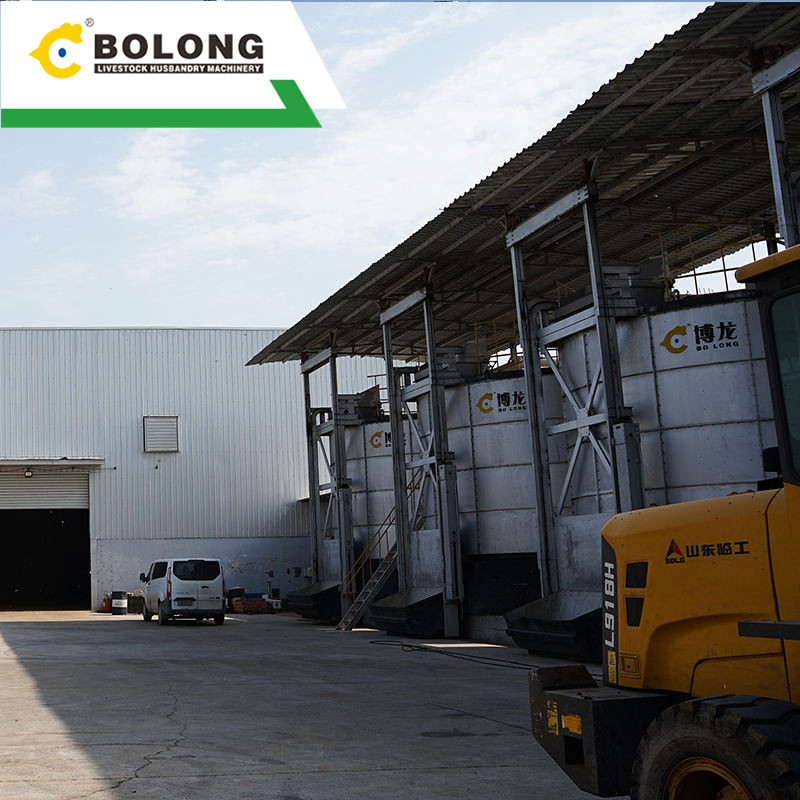
A review on polyhydroxyalkanoates production from various organic waste
2023/11/1/ · Generally speaking, chemical pretreatment is generally easy to operate, fast and simple, but it can produce toxic and harmful byproducts. At present, physical pretreatment is widely used and studied because of its economic efficiency and less harmful by-products. 4.2. Fermentation and accumulation strategies
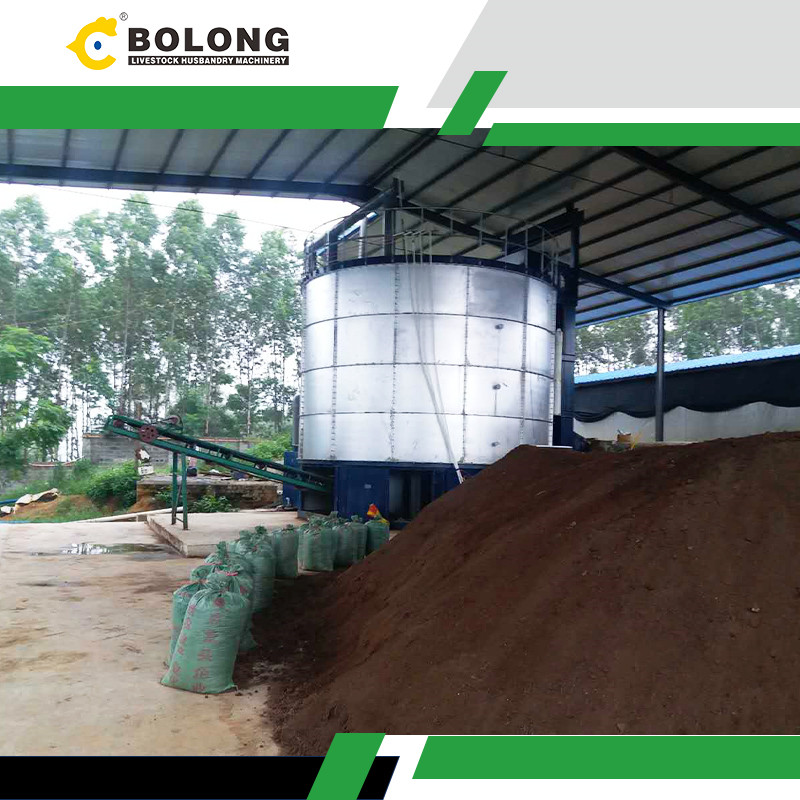
A comprehensive review on food waste anaerobic co-digestion:
2023/11/1/ · 1. Introduction. Food waste is an important part of urban solid waste, accounting for about 50∼55% of the total domestic waste in developing countries (Troschinetz and Mihelcic, 2009).It is estimated that, the global amount of FW will be as high as 2.5 × 10 9 metric tons by 2025 (Karthikeyan et al., 2018, Chen et al., 2015, Xu et al.,

Fermentation: What Is It and How to Ferment Food at Home
Remove from the fridge and wipe the salt from the breast. Wrap the breast in a light cloth, such as a flour sack, to protect from insects. Hang the breast in a cool, dark location (above freezing, below 75º F) until it has the dryness you prefer. In humid conditions, this may take as long as a week.
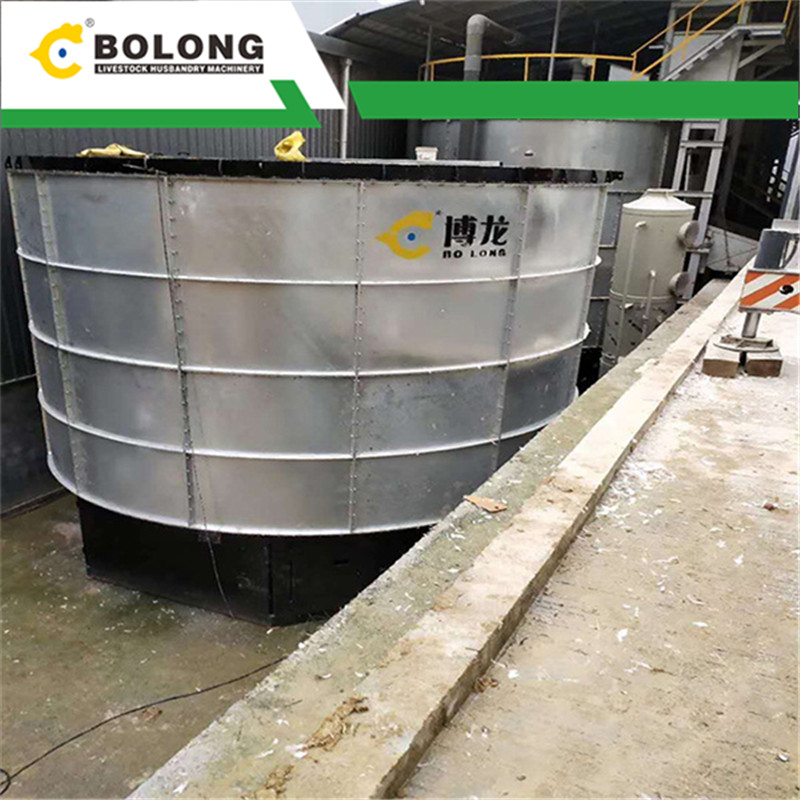
Fermentation - Wikipedia
Fermentation in progress: carbon dioxide bubbles form a froth on top of the fermentation mixture. Fermentation is a metabolic process that produces chemical changes in organic substances through the action of enzymes.In biochemistry, fermentation is narrowly defined as the extraction of energy from carbohydrates in the absence of oxygen, while in food

Valorisation of textile waste by fungal solid state fermentation: An
2018/2/1/ · To improve the process efficiency, cotton-based textile waste is converted via solid-state fermentation to produce fungal cellulose, using cellulose to hydrolyze textile waste into sugar and